Retro Replay Review
Gameplay
Global Conflicts: Palestine places you in the shoes of an investigative reporter, tasking you with navigating a 3D rendition of Jerusalem and its surroundings to unearth compelling stories. Each of the game’s six chapters represents a distinct news assignment, and your decisions—ranging from which newspaper you write for to the tone you adopt during interviews—shape the narrative you produce. The core loop involves seeking out sources, engaging them in dialog trees, and using diplomacy, empathy, or persistence to extract meaningful quotes.
(HEY YOU!! We hope you enjoy! We try not to run ads. So basically, this is a very expensive hobby running this site. Please consider joining us for updates, forums, and more. Network w/ us to make some cash or friends while retro gaming, and you can win some free retro games for posting. Okay, carry on 👍)
The branching nature of the dialog choices is where the gameplay truly shines. Opting to write for an Israeli, Palestinian, or European outlet changes how interviewees perceive you, unlocking different leads, perspectives, and background information. This dynamic fosters multiple playthroughs, as you’ll want to revisit chapters to see how new allegiances and biases affect your story’s depth and reception.
At the end of each chapter, you assemble your collected statements into a cohesive article. The game’s algorithm evaluates your piece for newsworthiness and bias, offering real-time feedback on how balanced or slanted your reporting is. This mechanic not only reinforces the educational goals for 13–19 year olds but also encourages players to reflect on media framing and the challenges of objective journalism.
Graphics
Visually, Global Conflicts: Palestine opts for a modest but effective 3D style. The environments—ranging from bustling market streets to quiet neighborhood alleyways—are rendered with enough detail to evoke the atmosphere of Jerusalem without overwhelming the player with hyperrealistic textures. Character models are expressive enough to convey emotion during interviews, though some animations can feel a bit stilted.
The game’s color palette leans toward muted earth tones, reflecting both the region’s architectural heritage and the somber nature of the conflict. Lighting is used thoughtfully to signal shifts in mood, such as warm afternoon hues in open marketplaces or cooler, shadow-laden corridors when digging into sensitive stories. While you won’t find high-end graphical flourishes like volumetric lighting or advanced particle effects, the visuals serve the narrative well.
On lower-end hardware or in a classroom setting, the performance remains stable, which is essential for its educational deployment. The user interface is clean and unobtrusive, ensuring that gaining sources, viewing your story outline, and tracking your reputation with each faction never takes you out of the journalistic mindset.
Story
The narrative structure of Global Conflicts: Palestine is built around six distinct but interrelated news articles. Each chapter introduces you to a new facet of the Israeli-Palestinian conflict—ranging from daily life under checkpoints to cultural events and grassroots peace efforts. This chapter-based approach prevents the game from feeling like a single monolithic lecture, instead offering digestible bites of context.
Your role as a journalist means you’re not a combatant but an observer, which creates a refreshing lens. You must decide which voices to amplify, balancing between official statements, eyewitness accounts, and on-the-ground perspectives. This choice-driven storytelling puts the player’s ethics and priorities front and center, making every interview feel consequential.
While the overarching historical and political contexts are conveyed through text and voice-over expositions, the strongest moments come from personal testimonies. Survivors, community leaders, and everyday citizens share intimate reflections that humanize a conflict often abstracted in headlines. This blend of macro and micro storytelling enriches player understanding and keeps the narrative engaging throughout the six chapters.
Overall Experience
Global Conflicts: Palestine succeeds as both a game and an educational tool. By placing players in the active role of a reporter, it transforms passive learning into an interactive investigation. The balance of dialog-based gameplay and article assembly fosters critical thinking about bias, source credibility, and the complexity of reporting on real-world conflicts.
Although the graphics aren’t cutting-edge, they are functional and stylistically coherent with the game’s serious tone. Performance is rock-solid across a range of systems, making it accessible for individual players and classroom settings alike. The replay value is substantial, thanks to the multiple editorial paths and the desire to craft a more balanced or more provocative piece.
In the end, Global Conflicts: Palestine is recommended for players aged 13 and up who are interested in current events, journalism, or history. It strikes a thoughtful balance between gameplay and learning objectives, offering an engaging way to grapple with one of the world’s most enduring conflicts. Whether you’re a student, educator, or curious gamer, this title provides a nuanced, hands-on introduction to the complexities of reporting in a divided land.
 Retro Replay Retro Replay gaming reviews, news, emulation, geek stuff and more!
Retro Replay Retro Replay gaming reviews, news, emulation, geek stuff and more!
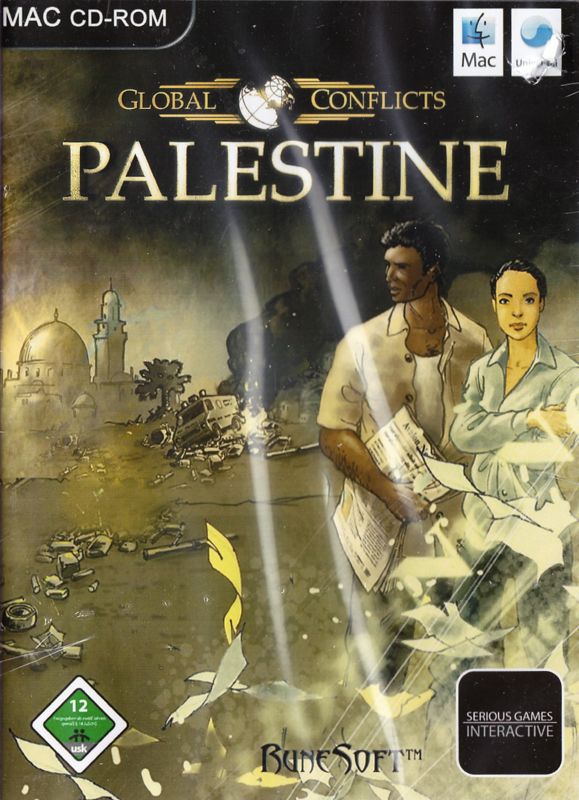
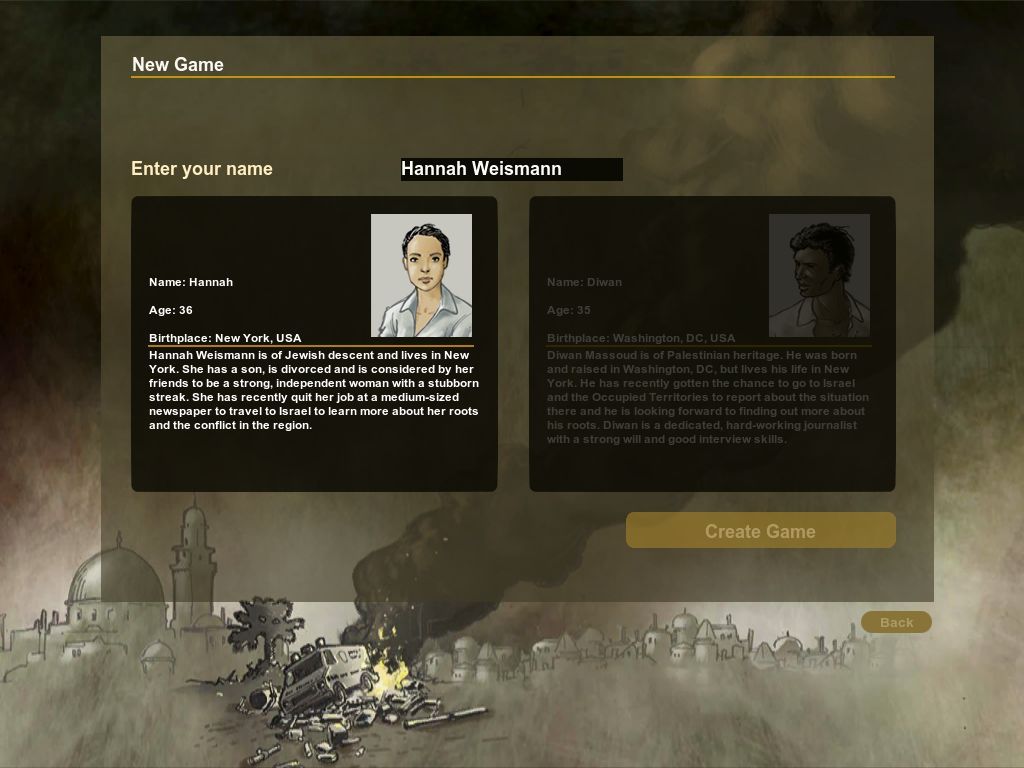
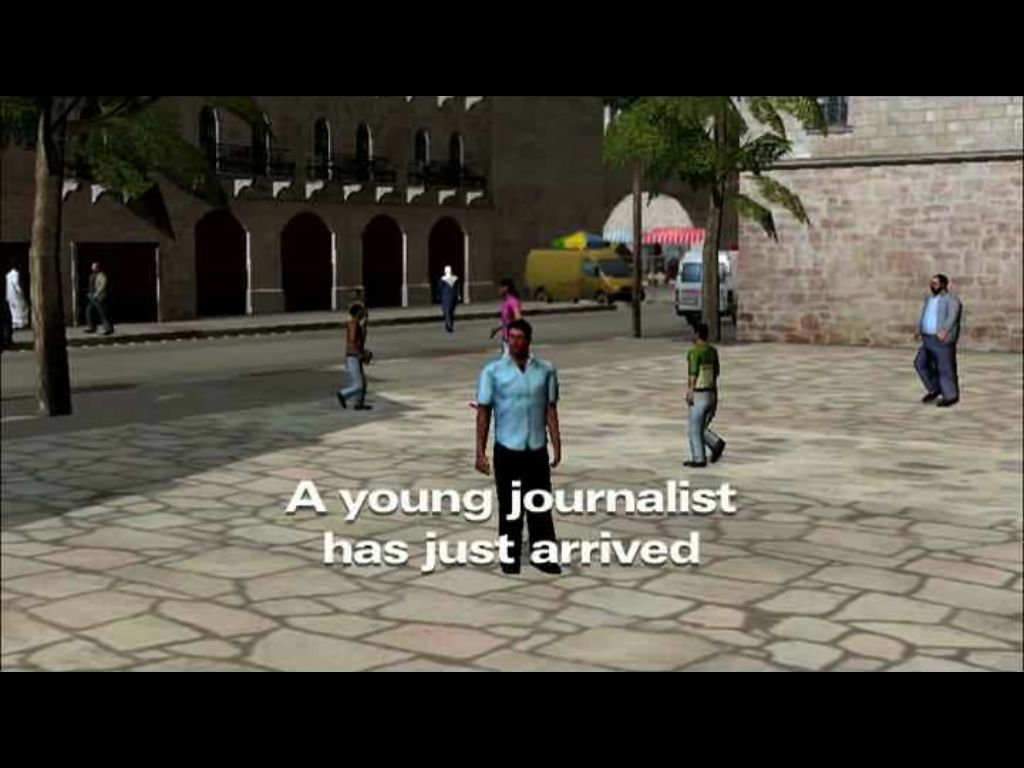
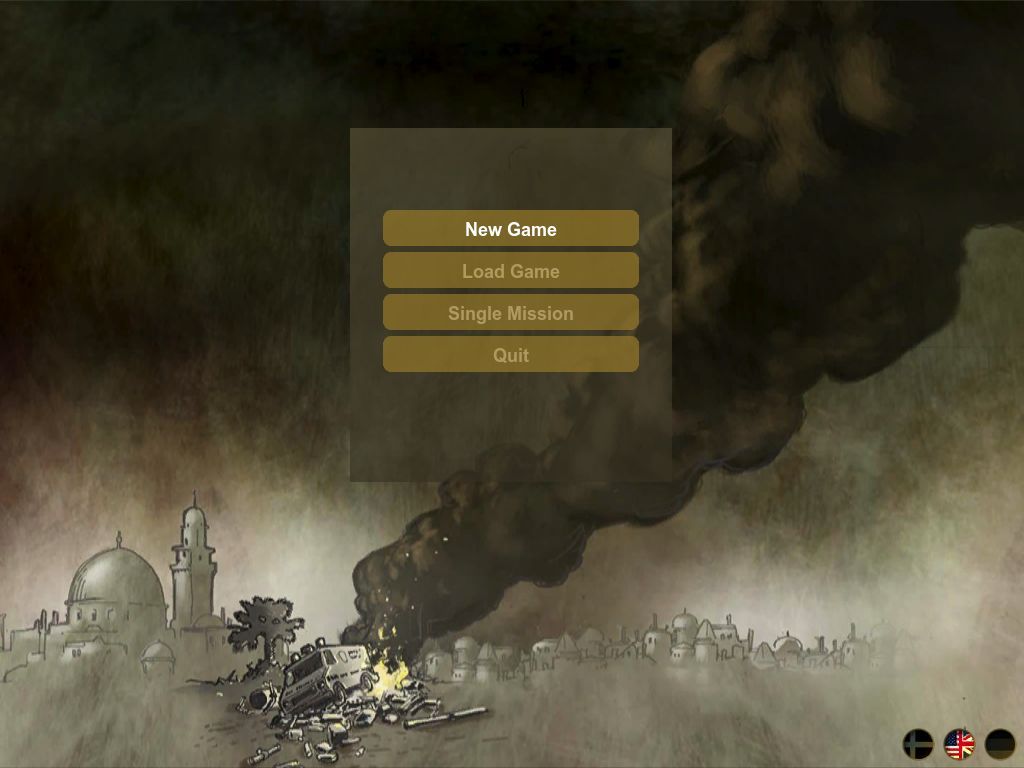
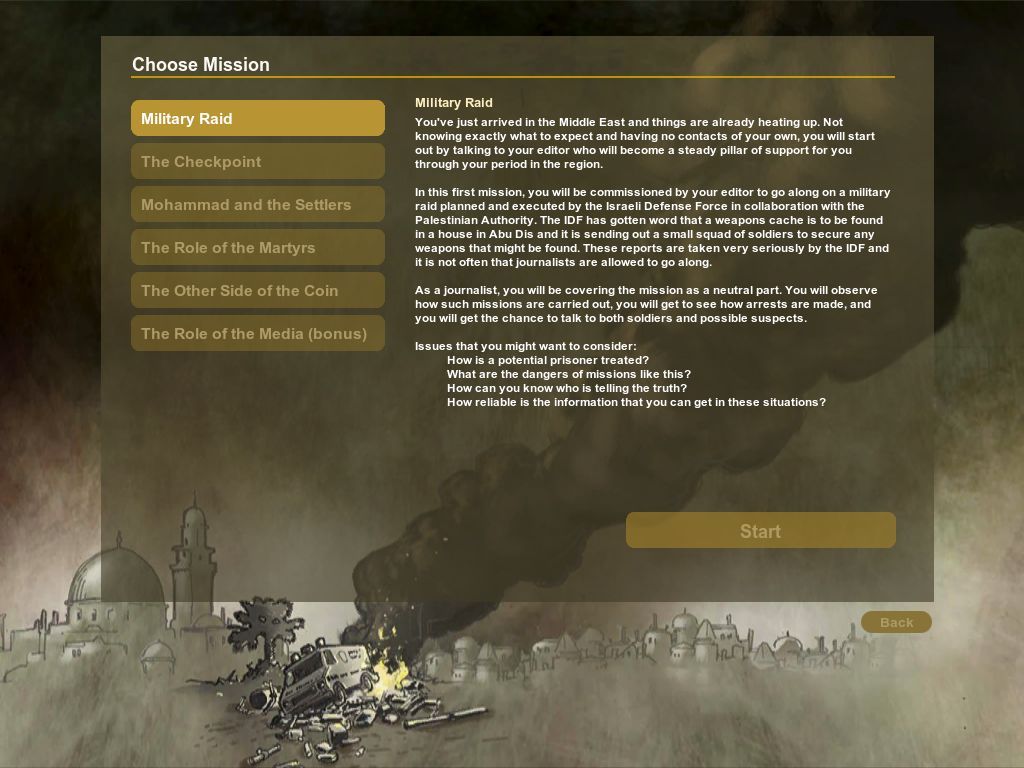
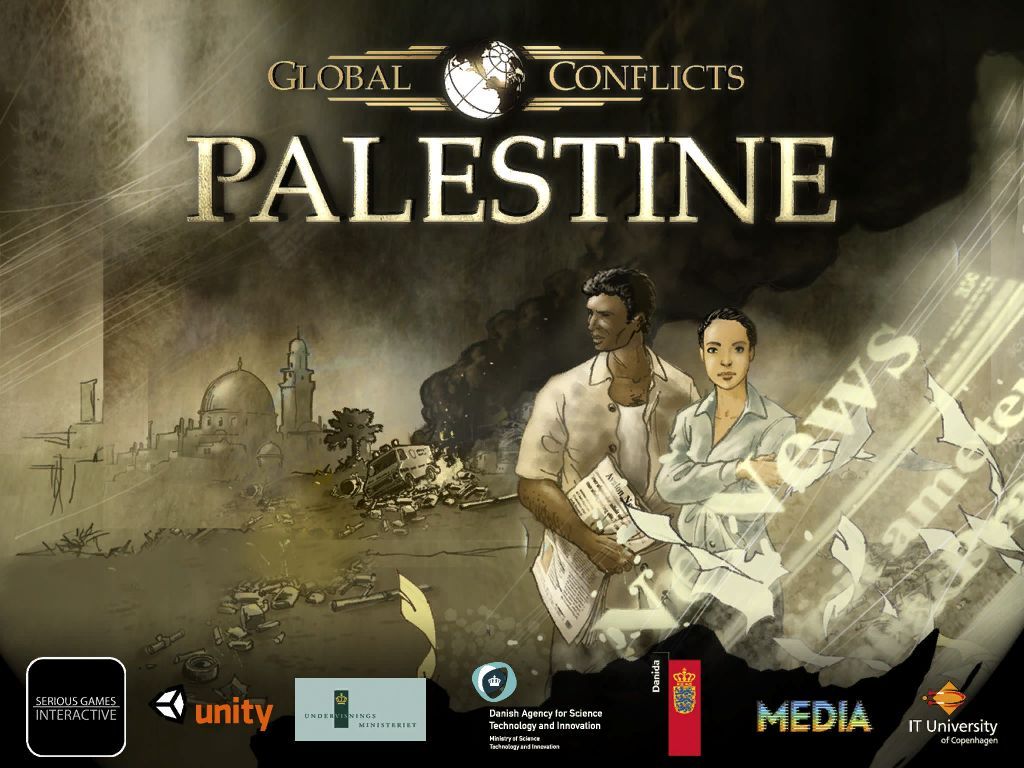

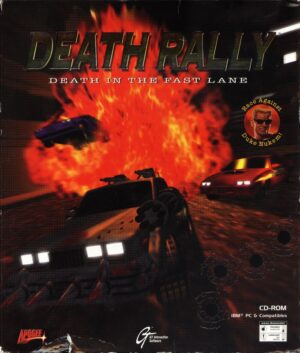

Reviews
There are no reviews yet.